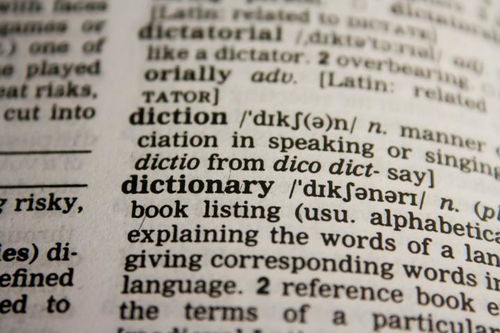MasteringtheArtofSportsTranslation:AComprehensiveGuidetoEightKeySportingEvents
Introduction
Sports translation is a specialized field that requires not only linguistic proficiency but also a deep understanding of the cultural and technical nuances of various sports. As the world becomes increasingly interconnected, the demand for accurate and effective sports translation is on the rise. This article delves into the intricacies of translating for eight key sporting events, providing insights into the challenges and strategies involved in conveying the essence of these games across languages.
1. Football (Soccer)

Football, or soccer as it is known in some parts of the world, is the most popular sport globally. Translating for football involves understanding the terminology, such as "offside," "penalty kick," and "hattrick," and conveying the excitement and tension of the game. Cultural references and idioms related to football must also be accurately translated to maintain the authenticity of the message.
2. Basketball
Basketball is a fastpaced sport with its own unique jargon, including terms like "slam dunk," "threepointer," and "pick and roll." Translators must be familiar with the rules and strategies of the game to ensure that the translated content is both accurate and engaging. Additionally, basketball has a rich history and cultural significance in certain regions, which must be reflected in the translation.
3. Tennis
Tennis is a sport with a high level of technicality, involving terms like "ace," "backhand," and "deuce." Translators must have a good grasp of the game's mechanics and the ability to convey the intensity of matches, especially during major tournaments like Wimbledon and the US Open. Cultural nuances, such as the traditions associated with these tournaments, also play a crucial role in translation.
4. Cricket
Cricket is a batandball game with a complex set of rules and a rich vocabulary, including terms like "bowling," "wicket," and "leg before wicket." Translators working with cricket must be wellversed in the sport's intricacies and be able to explain them to audiences who may be unfamiliar with the game. The cultural context of cricket, particularly in countries like India, England, and Australia, is also essential to consider.
5. American Football
American football is a sport with a vast array of specialized terms, such as "quarterback," "touchdown," and "field goal." Translators must understand the tactical aspects of the game and the cultural significance it holds in the United States. The translation must also capture the excitement and drama of the NFL season and the Super Bowl.
6. Athletics (Track and Field)
Athletics, or track and field, encompasses a variety of events, each with its own terminology. Translators must be knowledgeable about events like the 100meter dash, long jump, and javelin throw. The translation should also reflect the competitive spirit and the importance of events like the Olympic Games and the World Athletics Championships.
7. Golf
Golf is a precision clubandball sport with terms like "birdie," "bogey," and "par." Translators must convey the technical aspects of the game, such as the different types of shots and the layout of the course. The cultural and historical aspects of golf, particularly in countries like Scotland, where the game originated, are also important to include in the translation.
8. Swimming
Swimming is a sport with its own set of terms, including "freestyle," "butterfly," and "relay." Translators must understand the different strokes and the rules governing competitions. The translation should also capture the physical prowess and the competitive nature of events like the Olympic swimming competitions and the FINA World Championships.
Conclusion
Sports translation is a challenging yet rewarding endeavor that requires a blend of linguistic skills, cultural knowledge, and a passion for sports. By mastering the art of translating for these eight key sporting events, translators can bridge the gap between different cultures and enable fans around the world to enjoy and appreciate the games they love. As the world of sports continues to evolve, the role of sports translators will become increasingly vital in ensuring that the universal language of sports is understood and celebrated globally.


